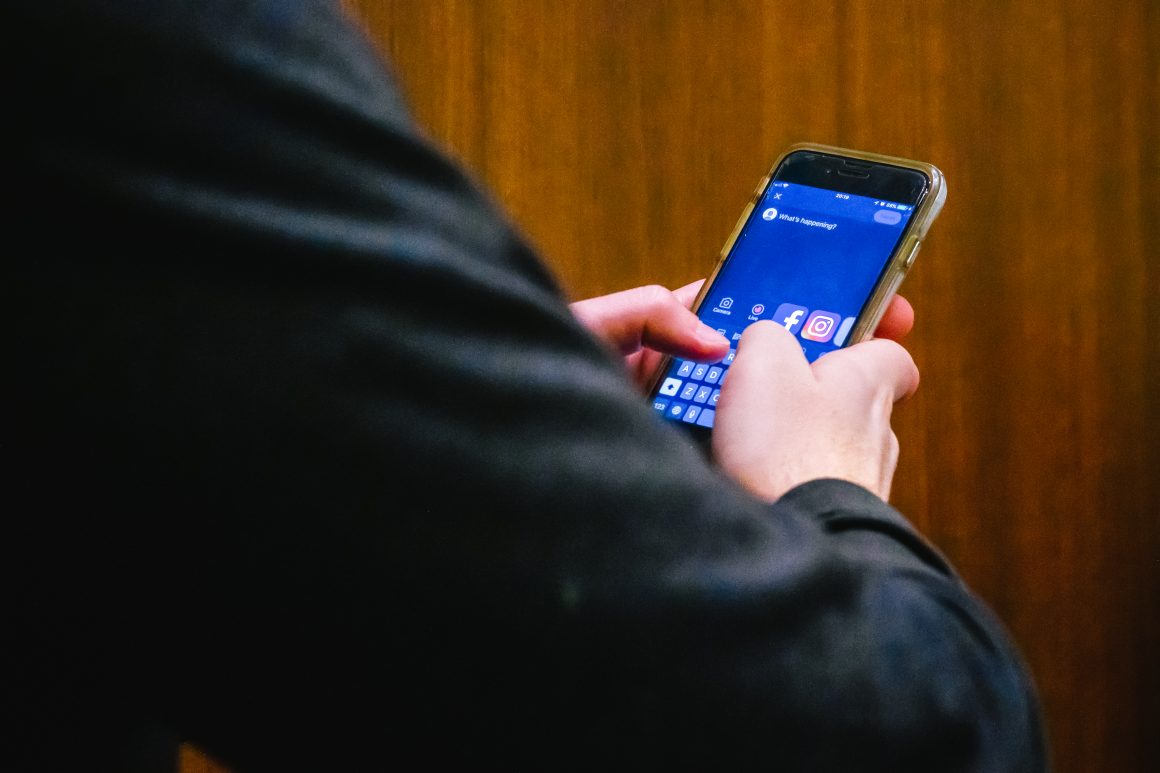
What you say online rightfully has consequences
By Aymen Sherwani, February 28 2019 —
Over the years, Twitter has shifted from being a place where self-proclaimed indie users posted pictures of their kombucha hashtagged #SoUnique to a serious social media platform that politicians, celebrities, academics, journalists and other public figures use to reach larger audiences. Tweets are taken as serious representations of the individuals who send these messages, contributing to the rise of a culture where offending any group almost becomes unavoidable.
As the world changes, it is important to remain sensitive to social issues affecting different minority groups, as remaining ignorant is inexcusable when access to information is at your fingertips. However, what someone says on the internet lasts forever and it’s not uncommon to hear about a celebrity apologizing for an insensitive statement they’ve made, whether recently or in the past.
Kevin Hart, popular comedian and Twitter’s newest social pariah, was set to host the 2019 Academy Awards. However, after the backlash surrounding his old tweets like “if my son comes home & try’s 2 play with my daughters doll house I’m going 2 break it over his head & say n my voice ‘stop that’s gay’, ” he was subsequently shamed into stepping down. But should people should be reprimanded for things they said in a socially different time? Should they face real-life consequences for the statements they make online?
It’s a topic addressed by University of Calgary policy. “Online conduct where there is a sufficient connection with the University” is a violation of the Non-Academic Misconduct Policy as well as “unwelcome and inappropriate verbal, written, graphic or physical conduct, or coercive behaviour, where the behaviour is known or reasonably ought to be known to be unwelcome.”
I surveyed students on campus about whether they think their online presence should ever face university sanctions. Out of the 51 students I asked whether or not schools should reprimand students for potentially insensitive statements they make on social media, 57 per cent of participants voted ‘no.’
“If you’re trying to deal with hate speech, I still think it’s not a viable option because you’re not really solving the problem,” said Fatima Raza, an international relations student.
In contrast, second-year Haskayne student Vanessa Lui said, “Everybody should be held accountable for their actions and what they say. Companies will fire employees who say and do racist or sexist things, so why shouldn’t students be expelled for the same things? Especially for university students who should know better than to spew hate or ignorant things online?”
Posting something on social media is like making a public statement. The content you post online becomes a reflection of your character. Our ability to use social media is an exercise in not only freedom of expression but also freedom of speech. We have the capacity to criticize governments and societal issues — as well as comment on the latest celebrity breakup — from our thumbs.
But this generation of public personality comes at a price. Freedom of speech is a fickle thing in the sense that what was permissible in the past may not be now and the permanence of social media holds individuals accountable for actions which may no longer be a reflection of who they are. But, in the case of Hart and many others who have been condemned for what they’ve said online, our increased ability to say whatever we please in the online world comes with an acceptable level of consequences.
Aymen Sherwami is a second-year business (accounting) major at the University of Calgary. She writes a column for the Gauntlet about issues that are affecting students called “Get It Together, People”
